Travel trailers offer a unique blend of adventure and comfort for those who enjoy road trips and camping. However, maintaining these mobile homes effectively is crucial, particularly when it comes to waste management. One of the most pressing questions that arise among travel trailer users is: How long can you go between travel trailer dumps? In this article, we delve into the factors that influence this timeline, the signs to look for, and tips for effective waste management.
Factors Influencing Dump Frequency
The frequency at which you need to dump your travel trailer’s waste tank can vary significantly based on several factors:
1. Tank Size
The size of your waste tanks—typically ranging from 20 to 50 gallons—plays a critical role. Larger tanks may allow for extended use before requiring a dump. Conversely, smaller tanks will necessitate more frequent trips to the dump station.
| Tank Size | Estimated Days Between Dumps |
|---|---|
| 20 Gallons | 2-3 days (2 people) |
| 30 Gallons | 3-5 days (2-4 people) |
| 50 Gallons | 5-7 days (4+ people) |

2. Number of Occupants
The more people utilizing the travel trailer, the more waste is produced, which can lead to more frequent dumps. For example:
- 2 People: Might only need to dump every 3-5 days.
- 4 People: Could need a dump every 2-3 days, depending on water usage and activities.
3. Usage Patterns
How you use your trailer significantly affects waste build-up. Frequent use of toilets, showers, and kitchen sinks all contribute to the accumulation of waste. For instance, if you often use your trailer for cooking or hosting, the waste tank will fill up quicker than if used for minimal amenities.
4. Dietary Choices
Another sometimes-overlooked factor is dietary habits. More fiber-rich and water-heavy diets can lead to increased waste generation. Conversely, a diet high in processed foods may not produce as much solid waste.

5. Weather Conditions
Environmental elements can also contribute to how often dumping is necessary. In warmer climates, waste can decompose faster, which may cause an odor and require more frequent dumps. Cold weather can slow down this process, but it can also affect bathroom usage.
Recognizing Signs It’s Time to Dump
While tank size and occupancy give a rough estimate, it’s essential to be attentive to specific indicators suggesting your waste tank is reaching its limit:
1. Level Indicator Reading
Most modern travel trailers are equipped with level indicators that inform you of the tank’s status. A reading close to full signals that it’s time to find a dump station.
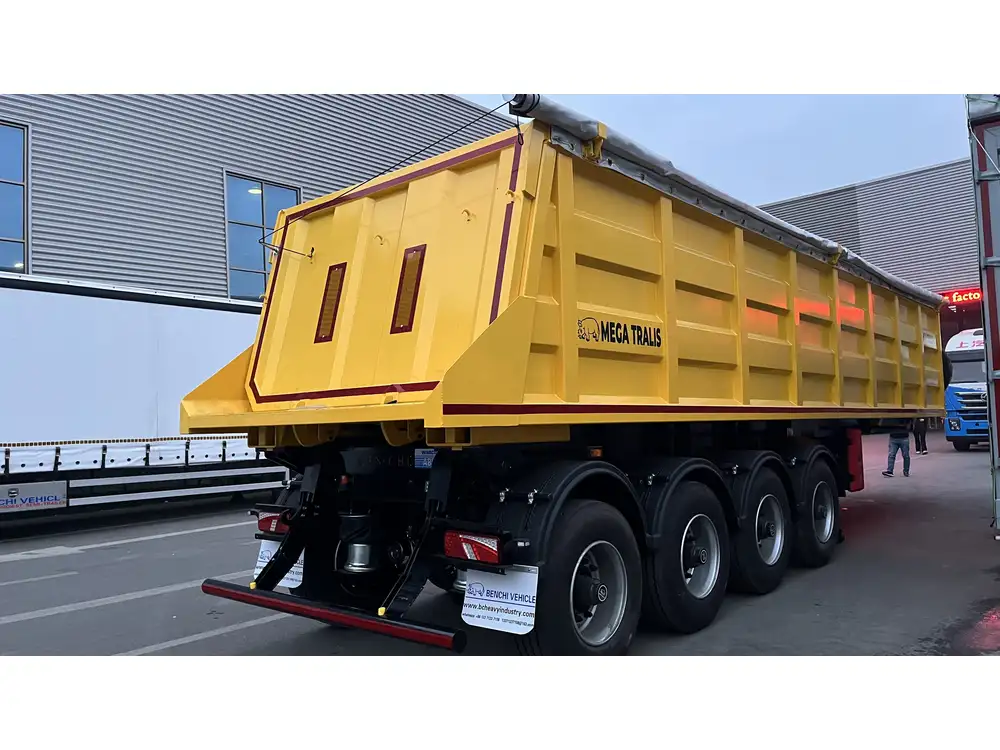
2. Unpleasant Odors
A foul smell often emanates when the waste tank nears capacity. Regularly checking your senses can help you gauge when it might be time to dump—never ignore pervasive odors, as they can also indicate a possible blockage.
3. Slower Drainage
If you notice that your sink or shower drains slower than usual, it may be a sign that waste is backing up in the tanks and time for a dump.
4. Visual Cues
For those comfortable checking their tanks, visual inspection of the drain outlet can inform you about waste levels. If you see waste at the outlet, it’s time to dump.
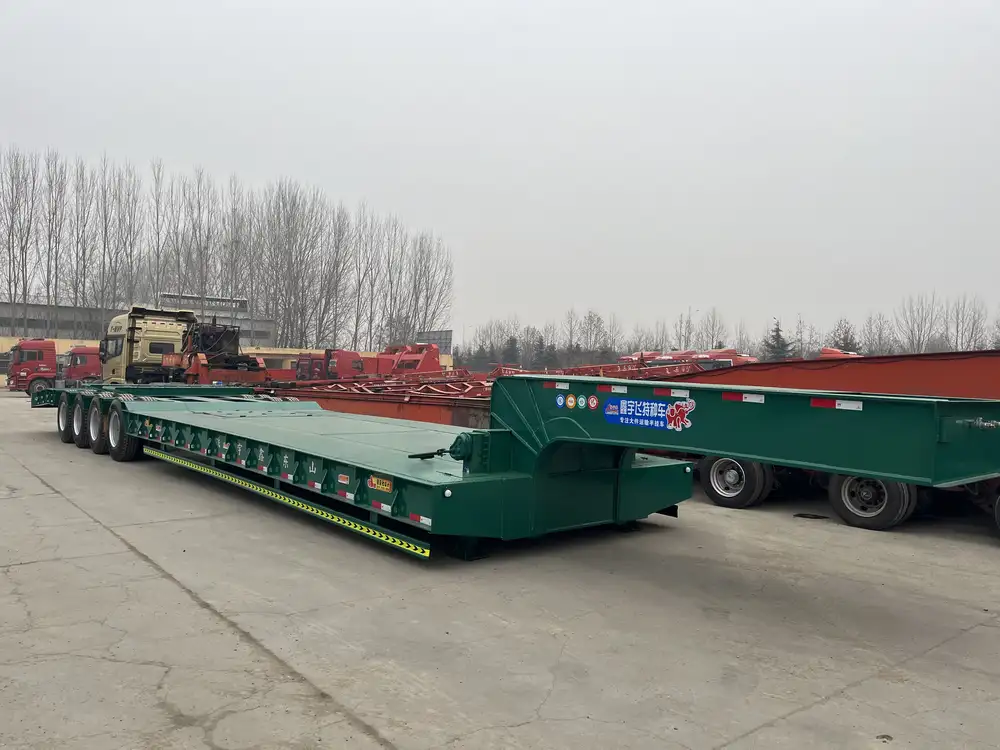
Tips for Efficient Waste Management
To ensure you’re managing your travel trailer waste efficiently, consider the following strategies:
1. Use Holding Tank Treatments
Chemicals or enzyme-based treatments can break down waste and reduce odors, allowing for a more extended time between dumps. Regularly add these treatments according to the manufacturer’s instructions.
2. Limit Water Use
Be conscientious of how much water you’re using for flushing and showers. A lighter use of water can slow the filling of your black tank, extending the time between dumps.
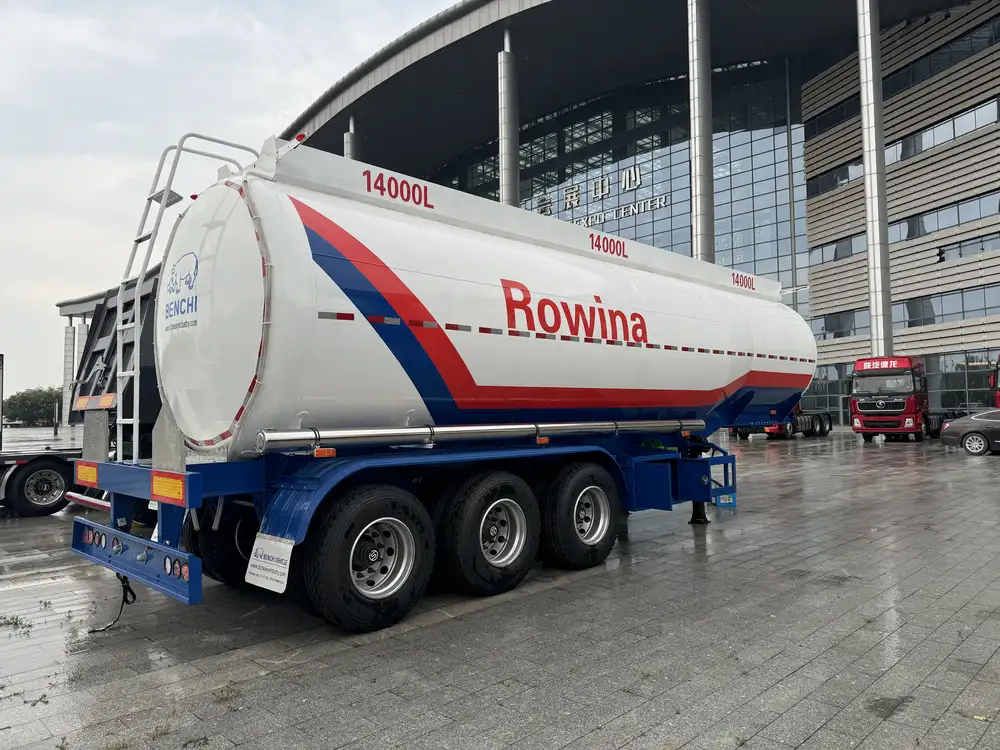
3. Plan Your Trips
If you know you will be using your trailer for extended periods, plan your stops with dump stations in mind. Many campgrounds and RV parks offer dump services, making it easier for travelers to manage their waste.
4. Check for Blockages
Regularly inspect and clean your tanks and plumbing-related elements. Blockages can cause backups that lead to more frequent dumpings due to decreased flow from tanks.
5. Install Additional Waste Storage Solutions
Some trailers allow for additional waste tanks or higher capacity tanks. If your use often exceeds your holding capacity, consider investing in a larger system.
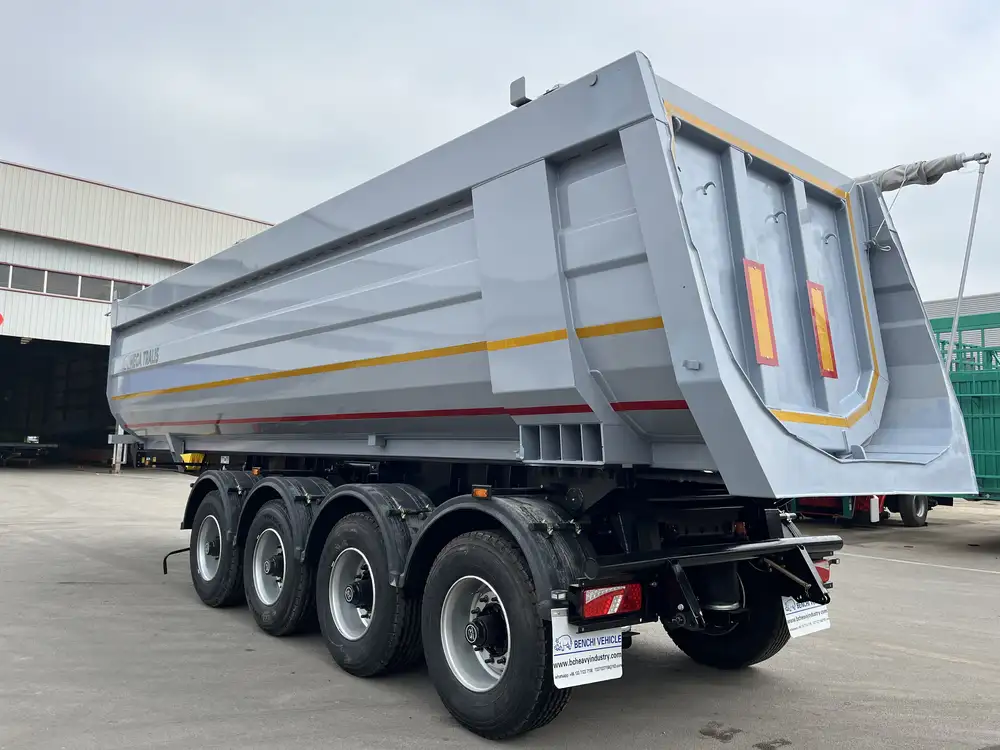
Common Concerns and Misconceptions
1. How Often is Too Often?
While different owners might prefer varying frequencies, the goal should always be to maintain cleanliness and odor control. An ideal practice is to dump when your tank is 2/3 full.
2. Is it Safe to Let Waste Accumulate Too Long?
Letting waste accumulate longer than recommended can lead to issues such as tank damage, odor problems, or worse—health hazards. Additionally, the longer waste sits, the more challenging it becomes to remove effectively.

3. Can You Dump Anywhere?
Dumping is not permissible everywhere. It’s essential to use designated dump stations or RV parks that offer such services. Improper disposal can incur fines and is harmful to the environment.
4. What About Grey Water?
Grey water tanks can be dealt with differently than black water tanks, allowing a bit more leeway concerning time and management. However, it is still wise to monitor levels closely.
5. Is It Normal for Waste to Freeze?
In colder climates, waste tanks can freeze, potentially leading to tank damage. It’s crucial to insulate tanks in colder weather and consider heated hoses or space heaters for additional protection.
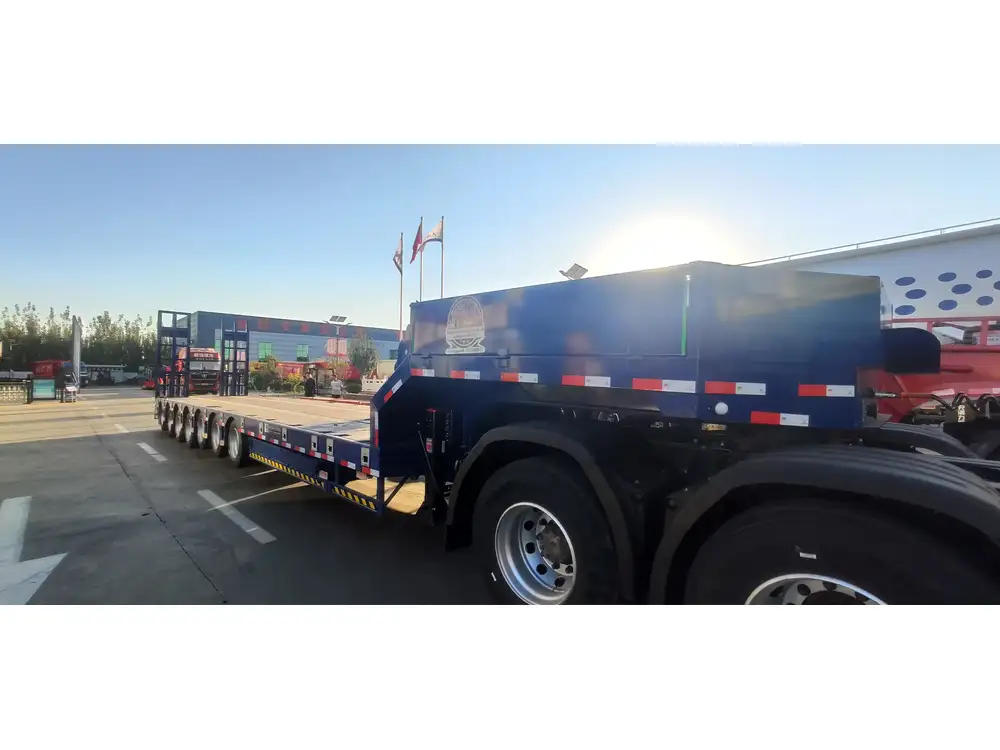
Conclusion
Understanding the timeline between travel trailer dumps requires consideration of various factors such as tank size, usage, and occupancy. By paying attention to the signs that indicate the need for a dump and implementing effective waste management strategies, you can enjoy your time on the road without unpleasant surprises. Whether for peace of mind or expedience, being informed about waste management in your travel trailer is essential for a successful and enjoyable journey.
Quick Reference Summary
| Factor | Impact on Dumping Frequency |
|---|---|
| Tank Size | Larger tanks = less frequent |
| Number of Occupants | More people = more frequent |
| Usage Patterns | Frequent use = more frequent |
| Dietary Choices | High waste = more frequent |
| Weather Conditions | Warmer = potentially more frequent |
By managing your waste effectively and understanding when to dump, you can fully embrace the freedom and enjoyment that travel trailers offer.



